Innovation in government organization must go hand in hand with innovation in operational tools.
On the afternoon of June 14, at the National Conference on training on the organization and operation of Party organizations, government, Vietnam Fatherland Front and socio-political organizations at the commune level (new), Minister of Science and Technology Nguyen Manh Hung presented a topic on implementing decentralization, delegation of power, and determination of authority in the field of science and technology when implementing 2-level local government; instructions on using AI when implementing 2-level local government, decentralization, delegation of power and determination of authority in the field of science and technology.
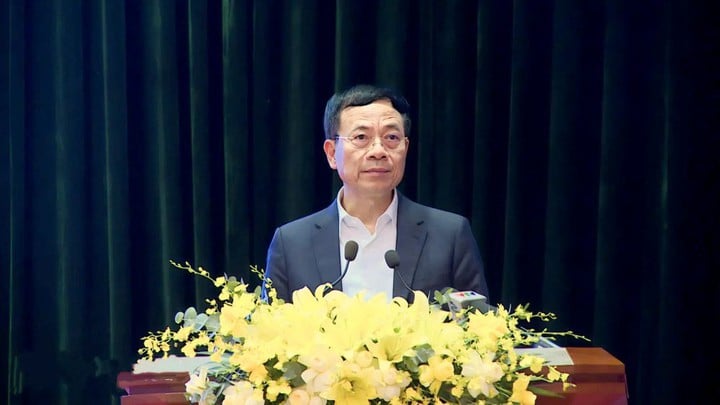
According to the Minister, assigning tasks without accompanying means of implementation will lead to overload and inefficiency in operating the apparatus.
According to the Minister, to ensure that decentralization and delegation of authority in the field of science and technology are implemented effectively, the Ministry of Science and Technology has conducted a comprehensive review of more than 600 valid documents within the scope of the Ministry's management. This is an important legal basis to clearly define the authority and responsibility between levels of government in organizing the implementation of state management tasks in science and technology. On that basis, the Ministry of Science and Technology has reviewed and classified a total of 229 state management tasks related to the delimitation of authority, decentralization and delegation of power. The results show that there are 6 tasks currently undertaken by the district level: 1 task is proposed to be transferred to the provincial level to suit the highly specialized nature, while the remaining 5 tasks are transferred to the commune level to increase initiative and practicality in management at the grassroots level.
Notably, of the 223 tasks considered for decentralization, 117 tasks – accounting for about 52.5% – will be transferred to the provincial level. This is an important step to strengthen the role of localities in implementing policies and enforcing laws on science and technology.
In order to institutionalize the review results and ensure a full legal basis for decentralization and delegation of authority, the Ministry of Science and Technology has submitted to the Government two Decrees in the field of science and technology: Decree No. 132/2025/ND-CP regulating the division of authority and Decree No. 133/2025/ND-CP regulating the decentralization and delegation of authority. These two decrees are not only legal tools to regulate the implementation organization, but also the foundation to effectively promote the two-level local government model in the current period of strong digital transformation.
Regarding the division of authority, transfer one task from the district level to the provincial level, in the field of digital transformation, related to guiding the People's Committees at the commune level, organizations and individuals participating in investment management and application of information technology. Transfer 5 tasks from the district level to the commune level on measurement, quality management of goods, management of information technology investment and information provision.
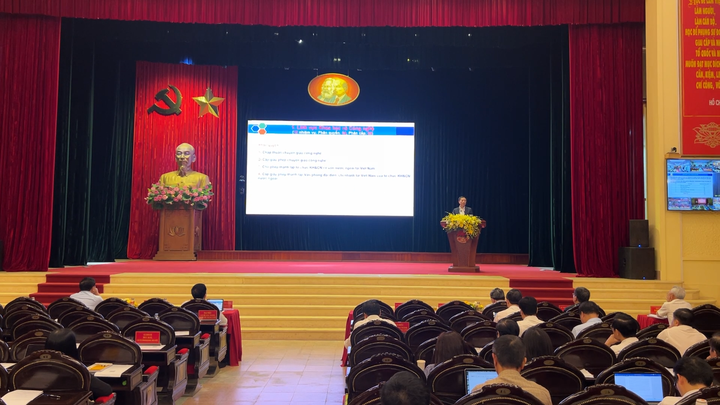
Overview of the Conference.
Regarding decentralization and delegation of power, the Ministry of Science and Technology has decentralized 117 tasks from the Ministry to the provinces, clearly demonstrating the direction of delegating power and responsibility to local authorities. Of which, 78 tasks have been decentralized and delegated in Decree No. 133/2025/ND-CP, creating a clear legal basis for localities to immediately implement in management practice. The remaining 39 tasks will continue to be decentralized and delegated through legal documents to be issued, including new laws, decrees and circulars. Notably, some contents related to these tasks are being integrated into new draft laws, expected to be approved by the National Assembly at the ongoing 9th session. This is to ensure the consistency of the legal system and create a basis for unified implementation nationwide.
5 digital technology pillars for grassroots government
Minister Nguyen Manh Hung emphasized that expanding the scope of work for commune-level authorities in the two-tier model is not only an inevitable requirement in the institutional reform process, but also poses an urgent need to strengthen appropriate support tools.
To ensure that two-level local governments operate effectively and adapt to new requirements in the context of comprehensive digital transformation, the Minister proposed five key groups of solutions with strategic orientation, which are also the basis for localities to develop specific implementation plans suitable to practical conditions.
Firstly, continue to invest in and improve digital infrastructure, digital platforms and digital data systems, ensuring seamless connectivity between all levels of government from central to local levels. The focus is on building, integrating and effectively exploiting specialized and interdisciplinary databases to serve management, operation and provision of public services.
Second, promote the application of digital technology and artificial intelligence (AI) in managing and serving people and businesses. Localities need to prioritize the deployment of virtual assistants and AI chatbots on public service platforms, and use AI to analyze big data to support assessment, forecasting, warning and policy management. The specific goal is that by the end of 2025, 70% of public service records of people and businesses must be processed online, in accordance with the roadmap set by the Government.
Third, build an online inspection, monitoring, evaluation and post-inspection system for decentralized and delegated tasks. This system not only helps ensure transparency and effective monitoring, but also promptly detects and handles problems arising during implementation. At the same time, localities need to establish smart operation centers and synchronize with the monitoring system of the Ministry of Science and Technology.
Fourth, improve digital capacity and information technology skills for local officials and civil servants. Training and development should focus on digital management skills, especially in specialized fields and newly assigned tasks. Along with that, it is necessary to implement policies to attract high-quality human resources in the fields of science and technology, innovation and digital transformation to work at the grassroots level.
Notably, at the Conference, two large technology corporations, VNPT and Viettel, introduced typical artificial intelligence applications, clearly demonstrating the accompanying role of technology enterprises in supporting the operation of the digital government model. Specifically, VNPT presented an AI application solution to support people in accessing and effectively using online public services, contributing to improving user experience and speeding up the processing of administrative procedures. Meanwhile, Viettel introduced an AI virtual assistant for commune-level officials and civil servants, allowing flexible and accurate lookup, question and answer, and professional guidance, thereby directly supporting the operation of the two-level local government model in a professional and modern direction.
Source: https://mst.gov.vn/cong-nghe-so-tru-cot-ho-tro-chinh-quyen-dia-phuong-2-cap-va-5-nhom-giai-phap-tu-bo-khcn-197250615095138164.htm








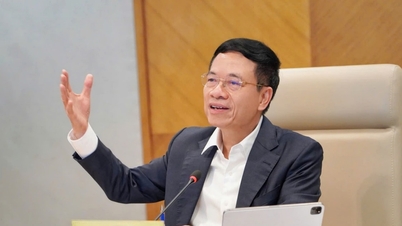

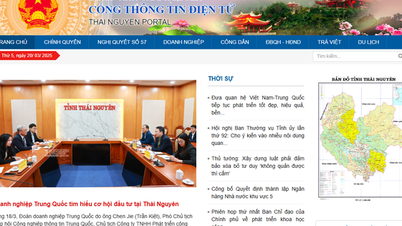




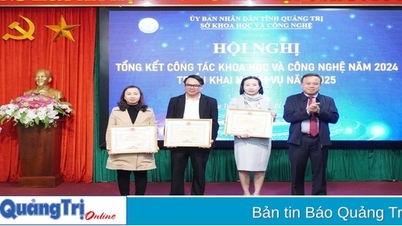


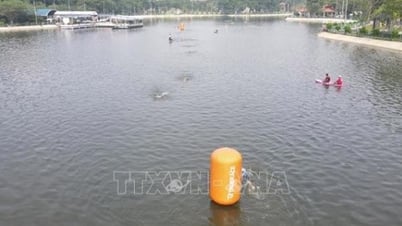








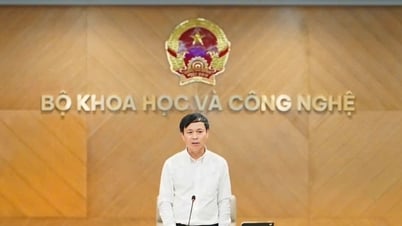
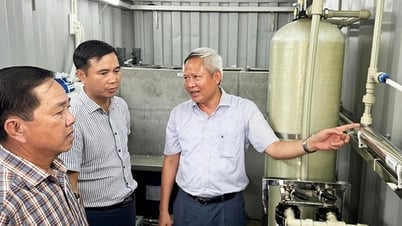
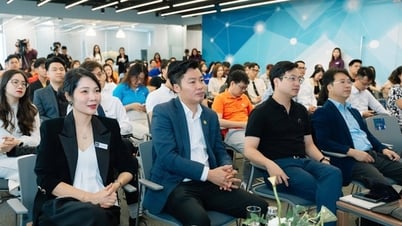
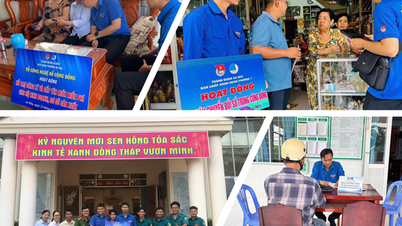
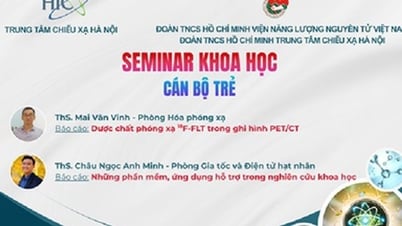
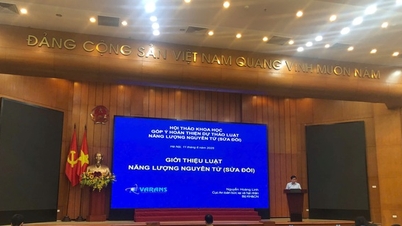















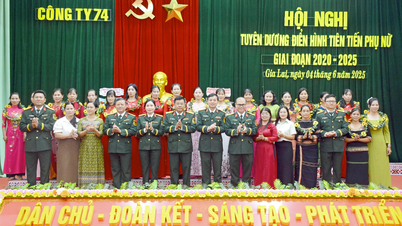






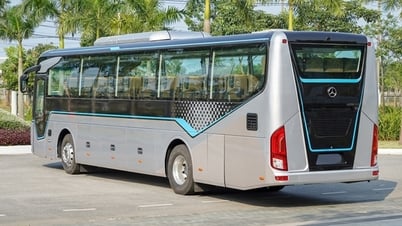

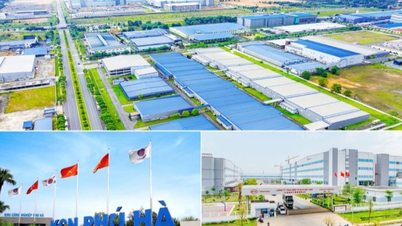


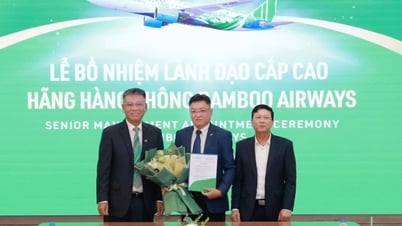





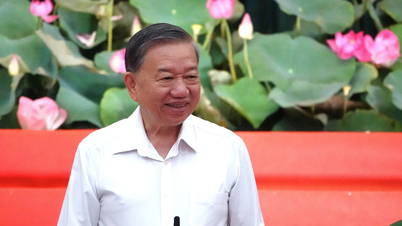
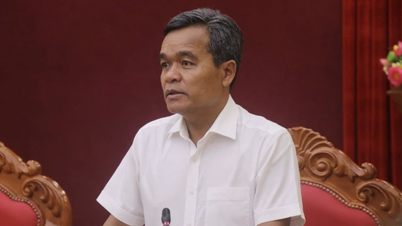
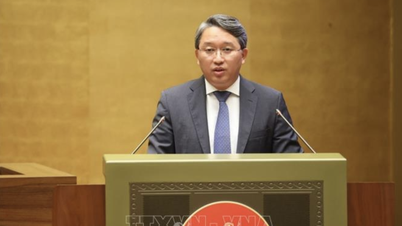


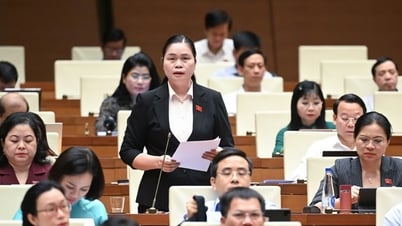




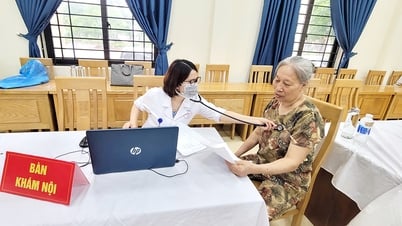

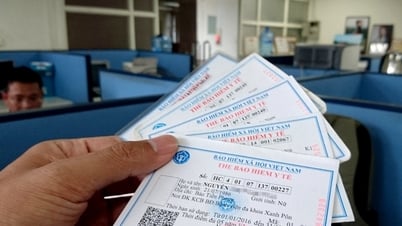


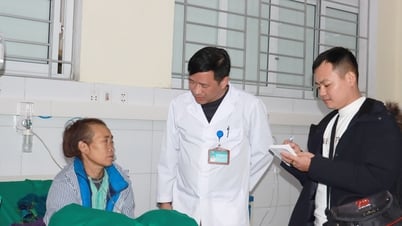




















Comment (0)